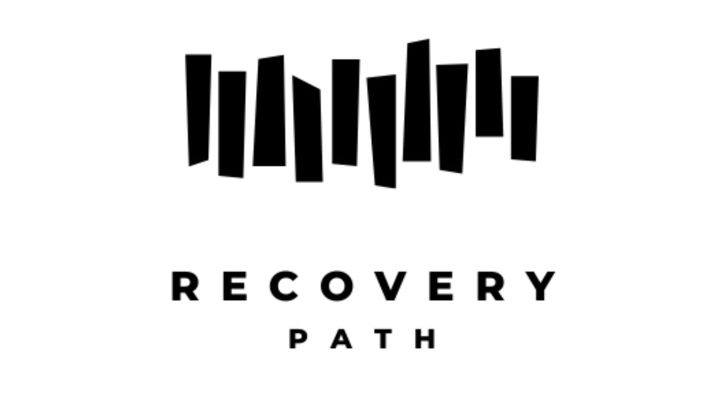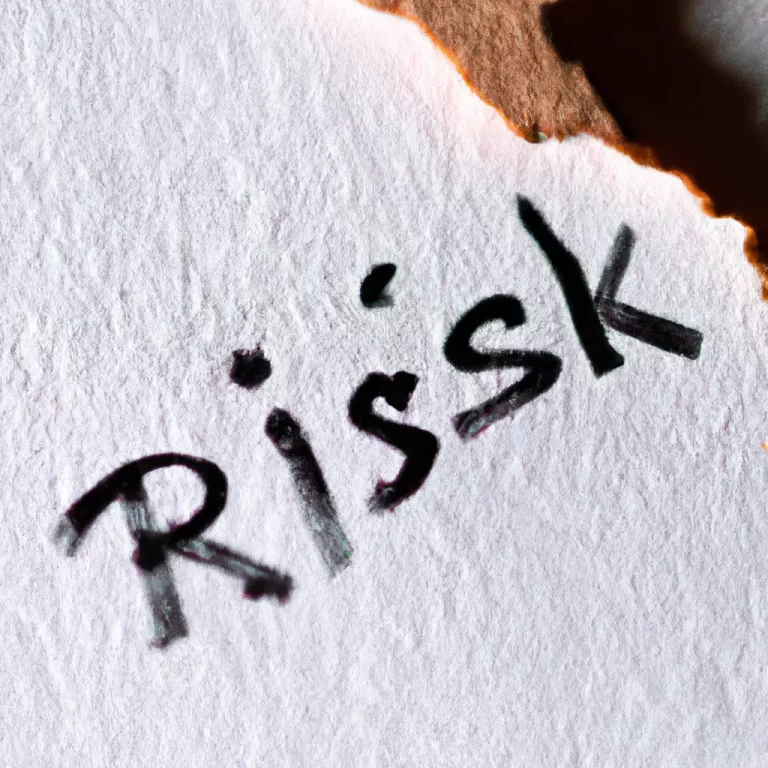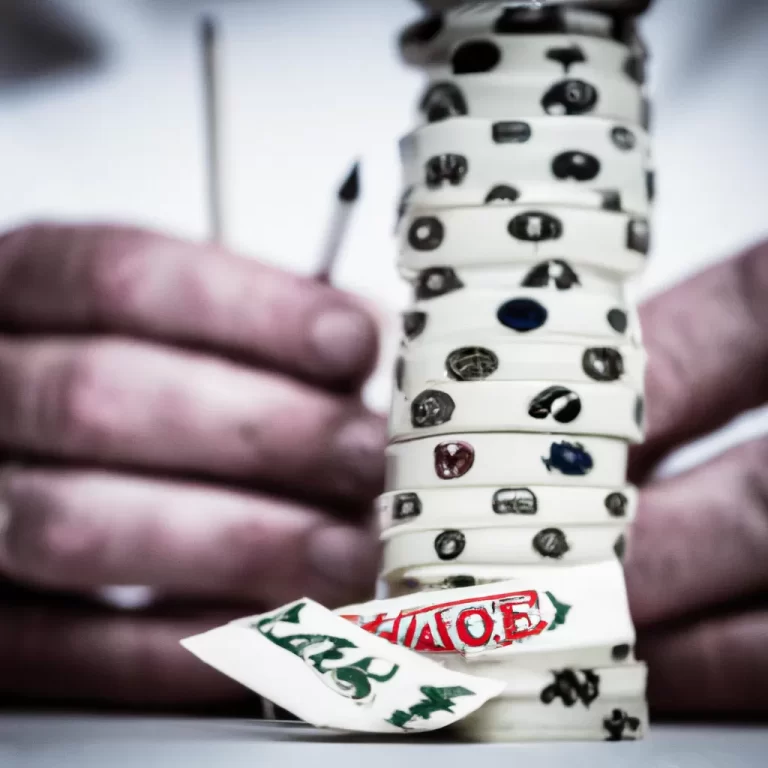5 Shocking Signs of Gambling Addiction: Why You Can't Ignore Them
Recognizing the 5 Shocking Signs of Gambling Addiction: Why You Must Act Now
Gambling addiction is a serious issue that affects individuals and families worldwide. The allure of the thrill, the hope of a big win, and the escape from reality can quickly spiral into a destructive habit that leads to financial ruin, strained relationships, and emotional distress. In this article, we will delve into the five shocking signs of gambling addiction that you cannot afford to ignore.
Sign 1: Preoccupation with Gambling
One of the most telling signs of a gambling addiction is a constant preoccupation with gambling-related activities. Individuals who are addicted to gambling may spend an excessive amount of time thinking about their next bet, planning their next visit to the casino, or researching gambling strategies online. This preoccupation can consume their thoughts and interfere with their ability to focus on other aspects of their lives, such as work, family, and personal relationships.
Sign 2: Need to Gamble with Increasing Amounts of Money
As a gambling addiction progresses, individuals often find themselves needing to gamble with larger amounts of money to achieve the same level of excitement or satisfaction. What may have started as a harmless pastime with small bets can quickly escalate into high-stakes gambling in an attempt to recoup previous losses or chase the elusive big win. This cycle of increasing financial risk can lead to significant financial hardship and debt.
Sign 3: Failed Attempts to Stop or Cut Back on Gambling
Despite recognizing the negative consequences of their gambling behavior, individuals struggling with addiction may find it challenging to stop or cut back on their gambling activities. They may make promises to themselves or loved ones to quit, only to find themselves drawn back to the thrill of gambling when faced with triggers such as stress, boredom, or loneliness. This cycle of failed attempts to control their gambling can lead to feelings of guilt, shame, and helplessness.
Sign 4: Lying About or Hiding Gambling Behavior
Another common sign of gambling addiction is the tendency to lie about or hide one’s gambling behavior from others. Individuals may go to great lengths to conceal the extent of their gambling activities, including lying about their whereabouts, finances, or the reasons for their erratic behavior. This deceitful behavior can strain relationships with family and friends, erode trust, and isolate the individual further in their addiction.
Sign 5: Using Gambling as an Escape from Problems
For many individuals struggling with gambling addiction, the act of gambling serves as a temporary escape from underlying problems or emotions they may be experiencing. Whether dealing with stress, anxiety, depression, or other mental health issues, gambling provides a distraction and a way to numb difficult feelings temporarily. However, this coping mechanism is unsustainable and can exacerbate existing problems while creating new ones in the process.
In conclusion, recognizing the signs of gambling addiction is crucial in addressing this harmful behavior before it spirals out of control. By understanding the preoccupation with gambling, the need to gamble with increasing amounts of money, the failed attempts to stop or cut back on gambling, the lying or hiding of gambling behavior, and the use of gambling as an escape from problems, individuals can take proactive steps to seek help and support. Remember, gambling addiction is a treatable condition, and recovery is possible with the right resources and support system in place. Don’t wait until it’s too late—take action now to reclaim control of your life and well-being.







